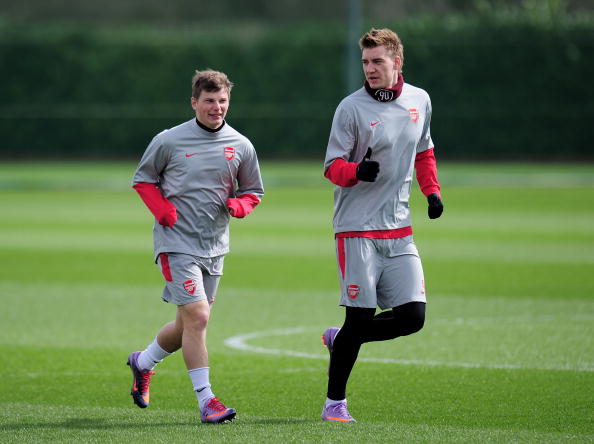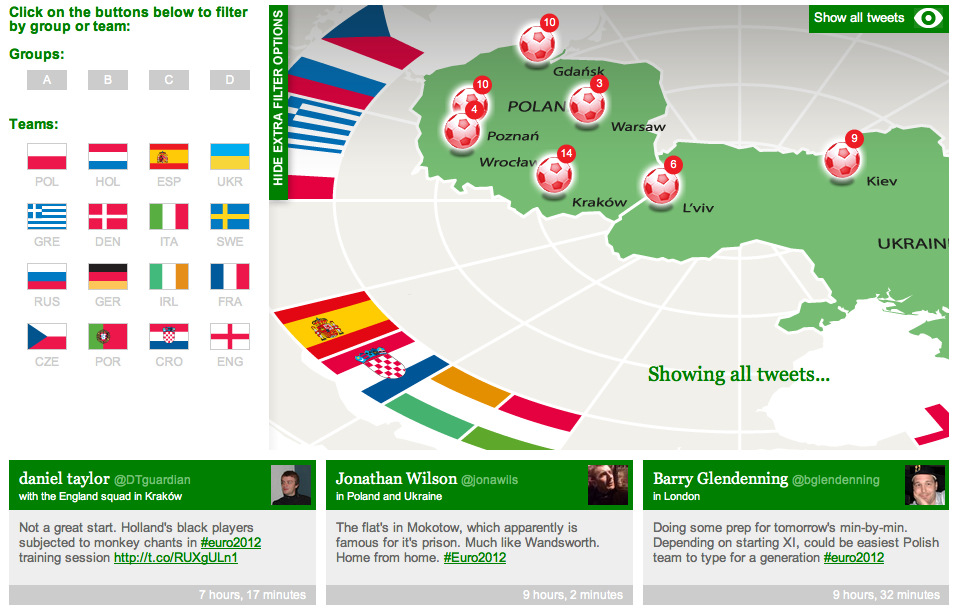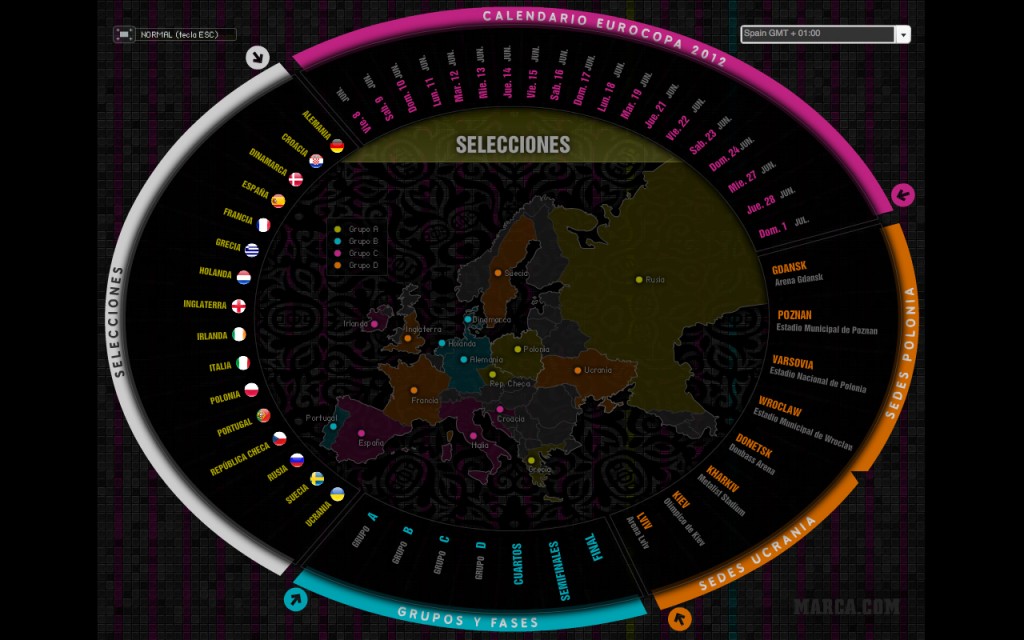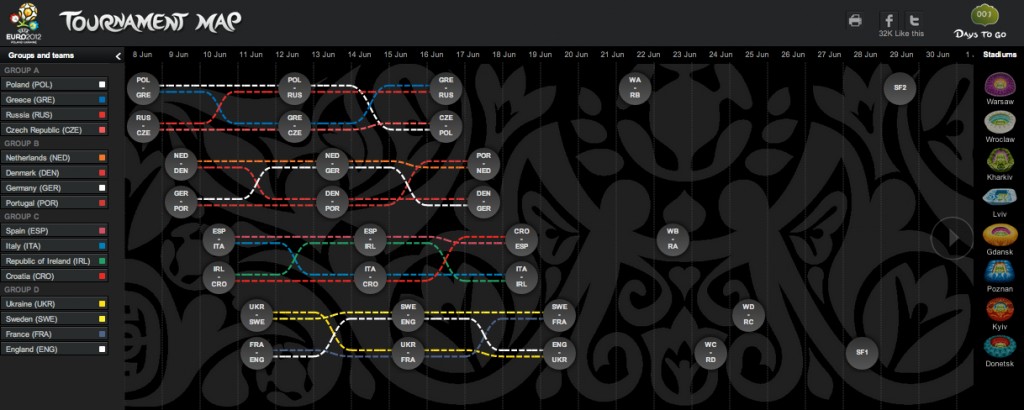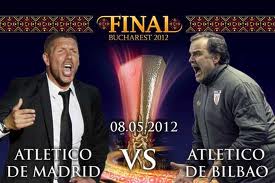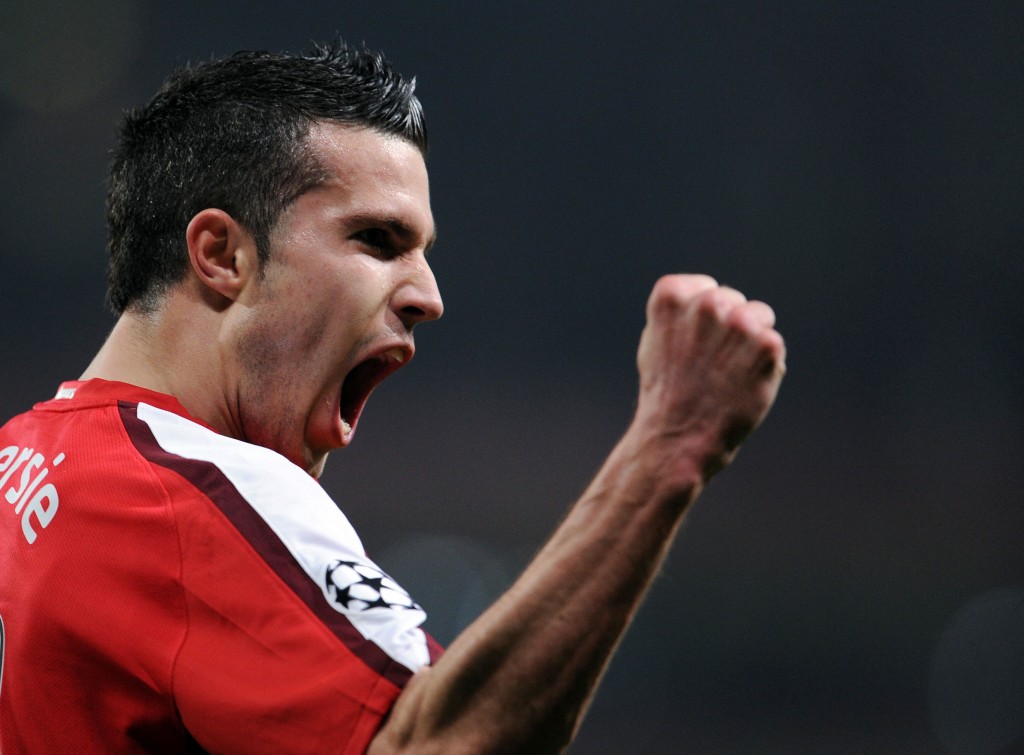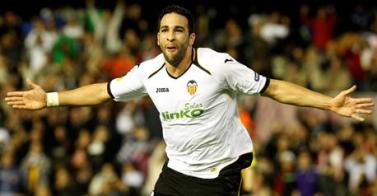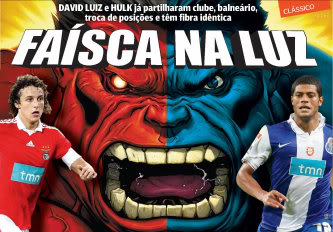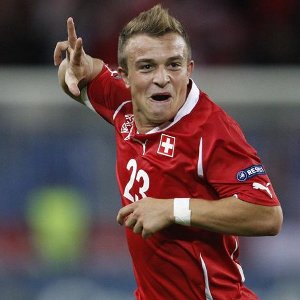The Arsenal won’t play a competitive match until August, but that’s no reason to cease obsessing and expounding upon the team. With two of our strikers, a few top wingers and midfielders, a couple central defenders and a goalkeeper in Polkraine, we’re fielding a mostly full team. No fit right back or left back, but then that was the month of January. This is familiar territory.
As internationals enter the final round of the group stage matches of Euro 2012 on different teams, some have excelled in Poland and Ukraine, while others hide their heads as they make their way to the exit.
In Group A, Russia captain Andrey Arshavin, Czech Republic captain Tomas Rosicky and Poland first-choice goalie Wojciech Szczesny have been facing off in a tightly competitive, if comparatively weak, group.
Current Zenit St. Petersburg loanee Arshavin has had a great Euro comeback, putting in some of his best performances since Euro 2008, with three assists thus far. Whether it derives from finally playing in his preferred position behind the striker or whether he simply feels happier and more comfortable captaining a side of his countrymen is unknowable, but Russia currently sit atop Group A and look poised to go through to the knockouts. A victory or draw against Greece would seal it, but a late game counterattack from the notoriously difficult, itinerantly attacking Hellenic defense could scupper Russian hopes. Arshavin can help ensure that does not happen. He still has moments of listless apathy, such as the second half against Poland, and would never dream of tracking back, but the mercurial Little Tsar still shows the moments of genius that made Arsenal fans so excited to sign him in January 2009.
Finally fit and in form again after so long, Rosicky unfortunately suffered an Achilles issue in the second match of the group stage and looks out for the count no matter what happens in the final match against Poland. Hopefully he can recover in time for the new season, but few players shake off Achilles problems without long layoffs. But having spent abundant time at adjoining physio tables with fellow rehab regular Thomas Vermaelen, he probably already knows this all too well. Sadly for Tomas, his tournament is likely over.
Wojciech Szczesny got sent off in the opening match of the tournament for a clumsy penalty but returns for the winner-takes-all match against the Czech Republic, in a bid to salvage his rep on home soil and help Poland progress to the quarterfinals, after missing the draw against Russia from suspension. From a purely selfish, club-centric point of view, hopefully he can put in a good showing even if cohost Poland ultimately fails, so that no psychological hangover haunts the big keeper in the Arsenal campaign ahead. Sadly for club and country backup Lukasz Fabianski, even with Szczesny out of the picture an injury keeps him from getting his big moment on the home stage, especially as he actively seeks pastures new and desperately needs the visibility. You can’t help but feel a bit bad for the guy. Until you remember why he got bumped down to number two and get your blood pressure up all over again. And bay wolfishly for his blood.
In the Group B group of death, Arsenal captain Robin van Persie, Arsenal headache Nicklas Bendtner and new signing Lukas Podolski have been facing off, while the recovering Per Mertesacker (ankle) has looked on from his seat on the uncomfortable Teutonic bench.
Nicklas Bendtner, a.k.a. the Great Dane, a.k.a. the best striker in the history of scoring goals, had a mostly anonymous match in the surprise victory over Holland but then clawed and headed Denmark even with Portugal on Wednesday with a handy brace before the Portuguese snatched the crucial late goal. If last year’s Sunderland loanee can put in an impressive shift against Germany in the final match of the group, all while resisting the urge to drop trou for illicit underwear advertising, the ultra-arrogant wantaway forward will have made good use of his time in the shop window. Furthermore, Denmark may just eke through to the knockout stages. But then Lukas, Per and the rest of the German horde won’t make it easy for them, unless Die Mannschaft willingly and shadily go for a draw to shaft the Dutch and ensure their bitter rivals’ exit. Murky sportsmanship terrain. Of course, revisiting the issue of Bendtner and the shop window, buyer beware. His Royal Car Crashingness plays outstandingly well for country (20 goals in 50 appearances), less so for club (22 in 99 league matches).
By contrast, Robin van Persie had been on fire for for both club and country in 2011 and 2012, although new eyes watching the Oranje going into what might be the country’s final match of this Euros could be forgiven for not knowing it. That said, van Persie managed a fantastic right-footed, chocolate-legged consolation goal in the crunch match against Germany, but not enough for the Netherlands to take any points from the encounter. With Holland sitting bottom of the table in the Quartet of Death with zero points, the future doesn’t look especially rosy. Perhaps the national team’s collapse could be Arsenal’s gain, though. In an ideal world, RvP returns to preseason well rested and ready to sign on the dotted line of contract extension. A backlash from the Dutch (and world) media may just make him appreciate the loyalty Arsene Wenger and the club have showed him over his many injury-plagued seasons. One can hope.
Arsenal new boy Podolski has played well for Germany, even if he has not scored. The former Cologne striker has put in excellent performances for Germany the last two World Cups and in the 2008 installment of the Euros, so with Germany unlikely to exit anytime soon, he’s got time. Perhaps he’s just pacing himself. He has scored 43 goals in 99 appearances for Germany, so a betting man would say he’s got goals in him, yet.
National teammate Mertesacker won the fitness race for the bench, but has yet to feature in either of the German victories in the group. As disappointing as benchwarming may be, one must remember he went off at Sunderland with an ankle ligament injury last February, an injury that kept him out for the remainder of the season. The fact that he has not suffered any new niggles or problems in training bodes well for the new season, and the veteran center half may yet have a role to play, as many expect the Germans to go the distance this summer.
Group C features no current Arsenal players–only the ones that got away, like former captain Cesc Fabregas (the hurt, it still hurts so much…) and Eduardo, the awesome but tragically leg-shattered Croazilian.
And in Group D, we’re back in traditional Arsenal territory. The group does, after all, include France (and England). But as opposed to past years where the French contingent drew from an overabundance of Arsenal riches, Laurent Koscielny alone keeps the flames alive for injured compatriots Bacary Sagna (leg) and Abou Diaby (bones on self-destruct)–and only from the bench, at that. Meanwhile, England flanking speedsters Theo Walcott and Alex Oxlade-Chamberlain pace it up on the English attack, though the elder young’un came on only as a super sub against France.
Oxlade-Chamberlain, in particular, has made huge strides in his adaptation to international competition, especially in his tournament debut against France at the Shakhtar Donetsk home stadium. He seemed unfazed by the moment and never got pushed around by the French. Late sub Theo, however, never even touched the ball in his one-minute cameo on the pitch. Hodgson clearly rated the teen higher than his precursor.
But then came Friday and the England/Sweden match. England went up after Andy Carroll shocked the world and forgot to blow it. Then England went down 2-1, Hodgson signaled for a substitutio,n and who should pull them level but fresh supersub Walcott, his first goal for England since the hat trick against Croatia in 2008? And then who would dribble, charge deep into the box and deliver the powerful cross to the flukey rebounding backheel of Danny Welbeck that killed off the game and looks to have sent England to the quarters? None other than the original Speedy 1.0 himself. Oxlade-Chamberlain (the 2.0) came on in the 90th minute, but Theo authoritatively made his case for both club and country with his second half display, all the more important as the race for Arsenal wing positions heats up between the two Southampton graduates, especially if Podolski lines up on the left wing at season’s start, as expected. (Obviously all depends on the $64.44 million dollar question of RvP’s presence/absence.)
As for possible Arsenal recruits, Yann M’Vila and Oliver Giroud of France seem good prospects, even if neither has really had a chance to fully shine at the tournament, though for different reasons (knee, former; Karim Benzema, latter). Each played about 20 minutes in the match against Ukraine on Friday. And Samir Nasri showed that he’s still good, if still despicable and utterly devoid of any gratitude to his former team or coach. Open letter to Emmanuel Frimpong: at your earliest convenience, please tweet, “If hating weak chins is wrong, I don’t want to be right.” Or just hand that punk a pimpslap beatdown. Word, Dench.
Wayne Rooney is now eligible to rejoin the starting XI of the English squad, but Walcott and Oxlade-Chamberlain have deputized well in the meantime and kept the English firmly in the competition under Roy Hodgson’s tightly structured defensive regiment. Rooney could catapult the team to the knockouts, but that is far from the point here. The Euros is a way to see Arsenal players in new and different rescramblings, not about hyping players from Manchester United, no matter how hair-transplanted or talented. Any such trains of thought are hugely and boringly off-topic. And to the extent that they do register, hugely irritating.
Stay tuned for the next installment of The State of the Union: Arsenal, Polkraine. May an Arsenal player be hoisting the trophy two weeks hence.

